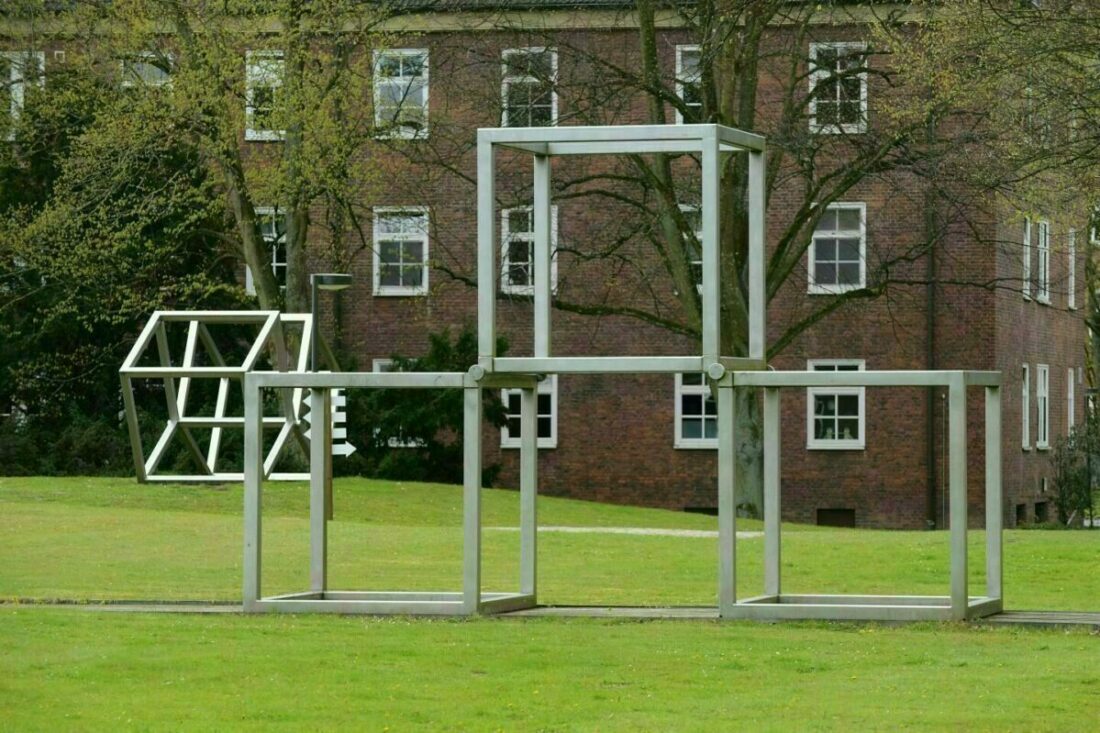Welcome to the homepage of the Chair for International Security and Conflict Studies!

The research interests of Professor Anna Geis and her team include critical security studies, security governance, international political theory, democracies’ foreign and security policy, the liberal world order and its challenges. For detailed information, please consult research or the individual pages of the team members.
News
New publications:
Nora Stappert/Frank Gadinger/Stanislav Budnitsky/Matthias Ecker-Ehrhardt/Anna Geis/ David Shim/Laurenz Krumbacher/Siddharth Tripathi 2025: Practices of (De)Legitimation in World Politics, in: International Studies Review, 27:1, viae042, https://doi.org/10.1093/isr/viae042
Anna Geis/Nicole Deitelhoff/Carlo Masala (eds.) 2024: Der russische Angriffskrieg gegen die Ukraine und die Internationalen Beziehungen, Special Issue of Zeitschrift fuer Internationale Beziehungen, 31: 2.
Christian Opitz/Hanna Pfeifer/ Anna Geis 2024: Kontrollierte Politisierung: Bürgerdialoge im Rahmen der Entwicklung der ersten Nationalen Sicherheitsstrategie in Deutschland, in: Politische Vierteljahresschrift, https://doi.org/10.1007/s11615-024-00548-9. Open Access.
Christian Opitz 2024: Democratic innovations beyond the deliberative paradigm: a re-conceptualization based on Luhmann’s systems theory, in: Democratization. Open access.
News from research:
The Hamburg based research group „The Promise of Security in Catastrophic Times“, consisting of sociel scientists from the University of Hamburg, Institute for Peace Research and Security Policy at the University of Hamburg (IFSH), and from the Helmut Schmidt University (HSU) has received funding from the German Research Foundation (DFG). Speaker is Prof. Ursula Schroeder (IFSH). The group will start its 4 years work on 1 April 2026. Prof. Anna Geis is Principal Investigator of the sub-project ” Changing Notions and Practices of Defence and Security in Finland and the Baltic States since 2014“. The preliminary website of the group can be found here.
Teaching:
Prof. Dr. Anna Geis:
After prior registration by email.
Dr. Alexandra Friede
After prior registration by email.
Hannah Schnier, M.Sc.
After prior registration by email.